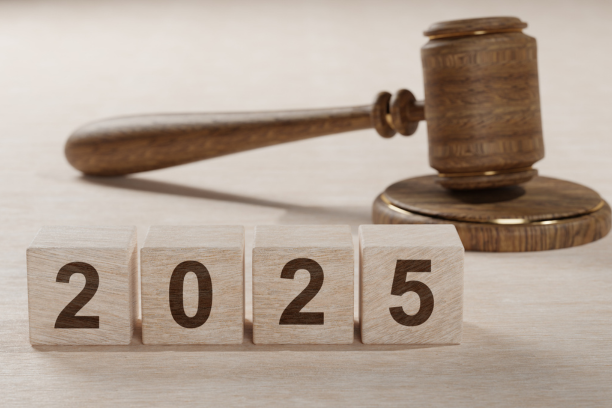October will see the minimum wage rising by 19p to £6.50 for workers aged 21 or older, the highest proportionate rise since 2008.
Following a recommendation from the Low Pay Commission the 3% increase will make the minimum wage higher than the rate of inflation for the first time in six years.
For workers aged 18 to 20 the rate will go up to £5.13 an hour, whilst those aged 16 and 17 will have a minimum wage of £3.79. Apprentices will now earn at least £2.73.
“The recommendations I have accepted today mean that low-paid workers will enjoy the biggest cash increase in their take-home pay since 2008,” Business Secretary Vince Cable said when the rate increases were announced.
Professor Sir George Bain, the founding chair of the Low Pay Commission and the man who set up the minimum wage 15 years ago, has criticised use of the policy in the workplace during an interview with BBC Newsnight.
“If you set it at the ‘living wage’, which is about £7.65 an hour, you would cause massive unemployment in areas like retail and social care,” Sir George said.
“But there’s only about five sectors where this is true. There’s a whole range of sectors where you could easily afford to pay more than the minimum wage.”
Sir George is not the only critic of the way the minimum wage is administered, as Tim Worstall, an economic observer writing for Forbes, suggests that whilst the wages are fine, the taxes are not.
“It is not that the minimum wage is too low for if someone earning it were allowed to keep it they would not be, by this definition, living in poverty. It is that they are taxed too much on their income which puts them into poverty by this definition,” he said.
“So this is not the effect of a low minimum wage: this is tax poverty.
These suggestions appear to have been heeded by the Liberal Democrats, who last month outlined plans to raise both the minimum wage and tax-free personal allowance to £12,500 in their general election manifesto.
“We want to make sure we have a tax system that rewards people who work, that rewards people particularly working on low and middle incomes,” said Lib Dem Chief Secretary to the Treasury Danny Alexander.


